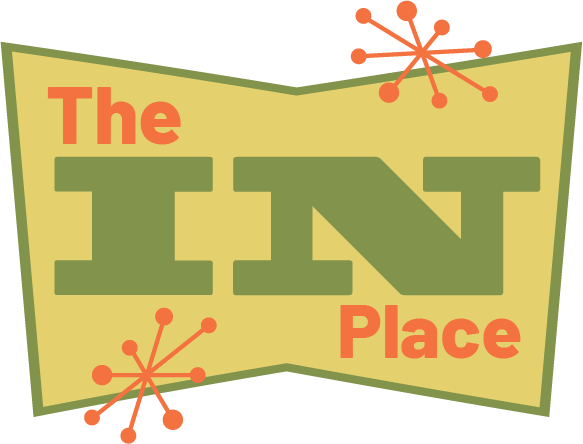A Schedule Gone Awry
I haven’t written anything about scheduling in a while. Nor have I posted the schedule. One of the reasons is that, after years of writing out schedules, I have internalized many of those skills and don’t often have to make a schedule. I work right off my to do list and achieve the same level of productivity. (By the way, I’m finally back to working on my book about the perfect ADHD to do list. So keep an eye out for that. My goal is to finish it this summer.) I do still make an actual schedule once in a while. Usually it is for a day where I have lots of “free time” but a whole lot to get done. I definitely still make a schedule on Thanksgiving. Otherwise, how would I know what time to start cooking? And I’ve got that down to a science. I don’t think I started cooking this year until 1 o’clock. Not counting the pie. Anyway, this was a similar day. I had a large culinary project to do. My annual double batch of strawberry rhubarb jam, plus an extra batch so I’d have something nice to give to the kids teachers as an end of year thank you. In the past, I have posted schedules that were a perfect 10 where I stuff the landing. And I posted schedules that did not go as planned. The idea is to show you that you can achieve a schedule that is accurate. But I also like to demonstrate that, even though I teach this stuff for a living, I don’t always nail it. So it is with much humbleness that I post this schedule for my jam making day, which went so far off the rails, it’s hard to believe I even made a…
